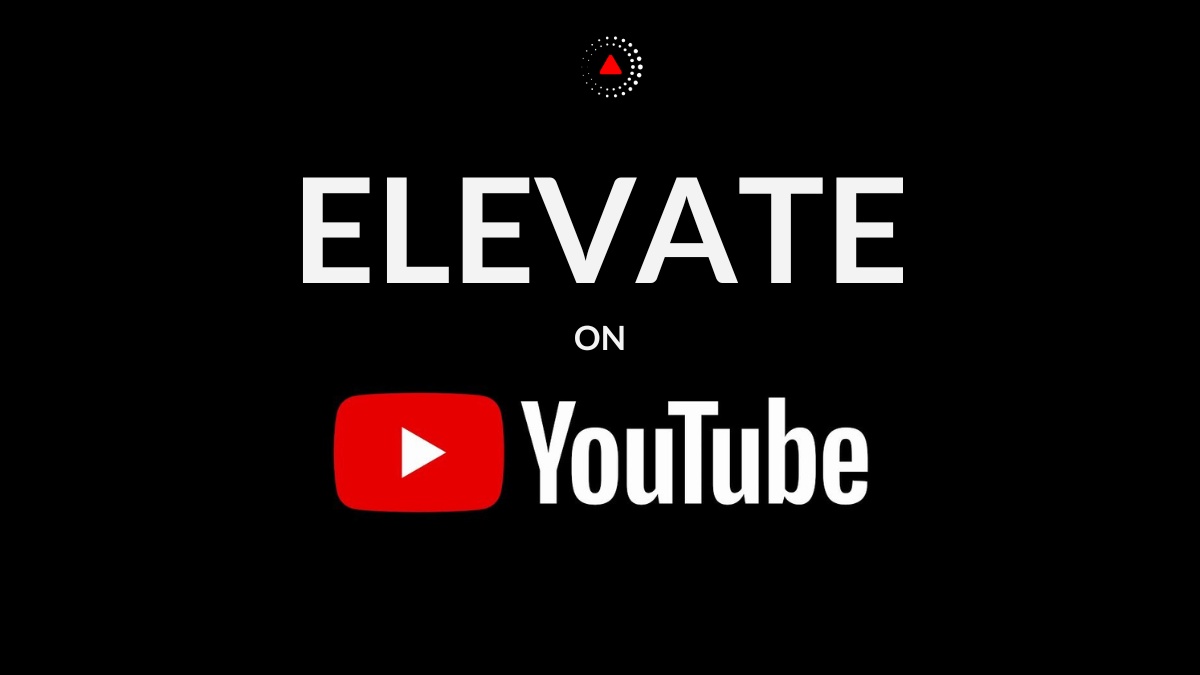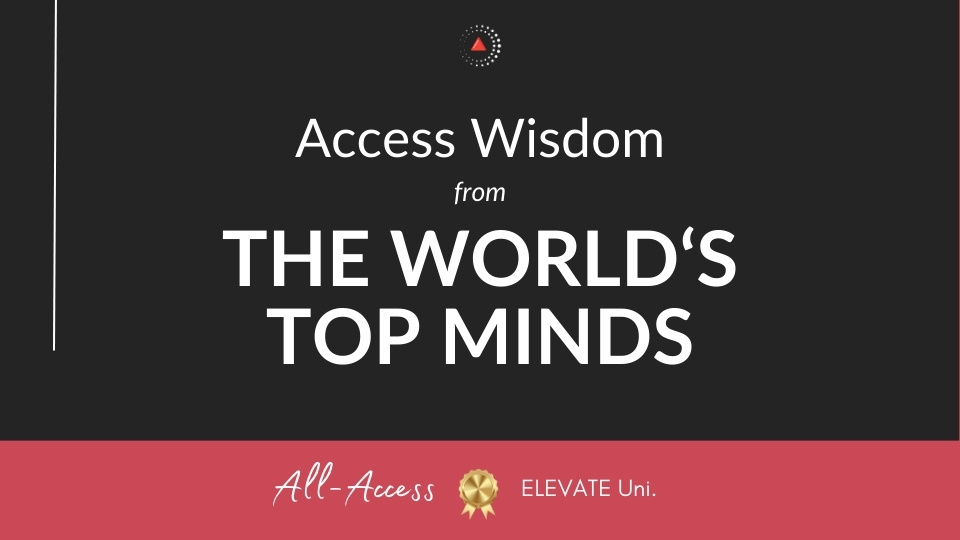If we do an eye for an eye and a tooth for a tooth, we will be a blind and toothless nation.
What's the meaning of this quote?
Quote Meaning: This quote, "If we do an eye for an eye and a tooth for a tooth, we will be a blind and toothless nation," encapsulates a profound reflection on the consequences of revenge and retaliation. Attributed to Mahatma Gandhi, it emphasizes the destructive cycle that vengeance perpetuates, likening it to a self-inflicted injury that ultimately leaves both parties diminished.
The phrase "an eye for an eye and a tooth for a tooth" originates from ancient legal codes, including the Code of Hammurabi and Mosaic Law, which prescribed proportional retaliation for wrongdoing. It epitomizes the concept of retributive justice, where punishment is meted out in direct correlation to the offense committed. However, the quote critiques this approach, suggesting that such tit-for-tat responses lead to a collective loss for society.
In essence, the quote serves as a cautionary reminder of the pitfalls of seeking retribution. By engaging in a cycle of revenge, individuals or nations risk escalating conflicts and perpetuating harm indefinitely. Rather than fostering resolution, retaliation often begets further grievances, perpetuating a never-ending cycle of violence and suffering.
The metaphorical imagery of a "blind and toothless nation" vividly illustrates the consequences of this approach. Blindness symbolizes the loss of foresight and wisdom, as decisions driven by vengeance are often shortsighted and emotionally charged. Similarly, toothlessness represents the inability to defend oneself or assert power effectively, highlighting the vulnerability that arises from an endless pursuit of vengeance.
Moreover, the quote implies that a society consumed by the desire for revenge undermines its own moral and ethical foundation. Instead of upholding principles of justice and compassion, it succumbs to base instincts of retaliation, forsaking higher ideals for immediate gratification. In doing so, it sacrifices its integrity and diminishes its capacity for empathy and understanding.
Beyond its immediate application to conflicts between nations, the quote also resonates on a personal and interpersonal level. It cautions against allowing grievances to dictate our actions and encourages the cultivation of forgiveness and reconciliation. By breaking the cycle of vengeance in our own lives, we contribute to the creation of a more compassionate and harmonious society.
In summary, the quote "If we do an eye for an eye and a tooth for a tooth, we will be a blind and toothless nation" serves as a poignant admonition against the destructive consequences of retaliation. It urges us to transcend the allure of vengeance and embrace the transformative power of forgiveness and reconciliation. Only by breaking free from the cycle of retribution can we aspire to build a more just, compassionate, and enlightened society.
Who said the quote?
The quote "If we do an eye for an eye and a tooth for a tooth, we will be a blind and toothless nation." is often attributed to Martin Luther King (Bio / Quotes). Martin Luther King Jr. was a civil rights activist and Baptist minister who became one of the most influential leaders in American history.
Applying the quote to your life
Unlock King's wisdom and apply it to your life by getting the in-depth Martin Luther King Workbook & Study Guide, complete with King's top quotes, insightful commentary, reflective questions, and practical uses for everyday life. 👇
To apply more wisdom, get the All-Access Pass, which includes hundreds of study guides from the world's top minds. These include deep insights from individuals such as Nelson Mandela, Steve Jobs, and Albert Einstein, as well as some of the top authors and personal development books.
Is there a historical example that illustrates the message of the quote?
One historical example that vividly illustrates the message of the quote “If we do an eye for an eye and a tooth for a tooth, we will be a blind and toothless nation” is the conflict between the United States and the Soviet Union during the Cold War. The Cold War, which lasted from the end of World War II until the collapse of the Soviet Union in 1991, was marked by a tense and often dangerous competition between the two superpowers.
During this period, both the U.S. and the Soviet Union were heavily armed with nuclear weapons, and each side engaged in an arms race to build more and more destructive capabilities. This arms race was driven by a principle of deterrence: each side sought to outdo the other to ensure that any potential aggression would be met with overwhelming retaliation. The logic was simple: if we amass more weapons and display our might, it will prevent the other side from attacking us.
However, this approach had dire consequences. The world lived under the constant threat of nuclear war, where any misstep or misunderstanding could lead to catastrophic consequences for both nations and the entire planet. The concept of “an eye for an eye” here manifested as a relentless pursuit of military superiority, leading to the proliferation of weapons that could obliterate entire cities and even humanity itself.
The Cuban Missile Crisis of 1962 is a prime example of this dangerous logic. Both sides were ready to retaliate with nuclear weapons, creating a situation where a minor miscalculation could have led to nuclear disaster. The resolution of the crisis, which involved negotiation and compromise, showed that continued escalation would not only fail to solve underlying issues but could also lead to mutual destruction.
This historical example demonstrates that adhering strictly to the principle of retaliation and escalation, as encapsulated in the notion of “an eye for an eye,” can lead to an arms race and a state of constant peril. It highlights the wisdom in seeking alternative solutions that avoid mutual harm, rather than perpetuating cycles of vengeance.
What are Martin Luther King's Best Quotes?
Watch on Elevate Uni's YouTube channel and be sure to subscribe for more wisdom and insights from the world's top minds.
Subscribe on YouTube to get the latest quote videos delivered straight to you:

How can the quote be applied in a real-life scenario?
In everyday life, the quote “If we do an eye for an eye and a tooth for a tooth, we will be a blind and toothless nation” serves as a powerful reminder about the consequences of pursuing revenge and strict retribution. Applying this quote can help individuals and communities avoid the pitfalls of escalating conflicts and foster more constructive and compassionate approaches to resolving disputes.
Consider a workplace scenario where two colleagues have a disagreement. If one colleague insults the other, the immediate reaction might be to retaliate with a similar insult or passive-aggressive behavior. This “eye for an eye” approach can escalate tensions, leading to a toxic work environment, reduced morale, and even a breakdown in team collaboration. The cycle of retaliation can ultimately harm everyone involved, leaving the team “blind” to the benefits of cooperation and “toothless” in achieving their goals.
Instead, applying the wisdom of the quote would involve choosing a more constructive approach. For instance, addressing the issue directly and professionally through open communication and seeking to understand the other person’s perspective can help resolve the conflict without escalating it. By focusing on finding common ground and solutions that benefit everyone, the workplace remains productive and harmonious.
Similarly, in personal relationships, reacting to offenses with anger or revenge can lead to long-term damage and a lack of trust. By practicing forgiveness, empathy, and dialogue, individuals can maintain and even strengthen their relationships. This approach not only prevents ongoing conflict but also promotes a healthier and more supportive environment.
In essence, the quote encourages us to look beyond immediate retribution and instead seek methods of conflict resolution that lead to mutual understanding and long-term harmony. It serves as a reminder that retaliation and revenge often lead to more harm than good, and that thoughtful and compassionate responses are more effective in maintaining healthy and productive relationships.
Chief Editor
 Tal Gur is an author, founder, and impact-driven entrepreneur at heart. After trading his daily grind for a life of his own daring design, he spent a decade pursuing 100 major life goals around the globe. His journey and most recent book, The Art of Fully Living, has led him to found Elevate Society.
Tal Gur is an author, founder, and impact-driven entrepreneur at heart. After trading his daily grind for a life of his own daring design, he spent a decade pursuing 100 major life goals around the globe. His journey and most recent book, The Art of Fully Living, has led him to found Elevate Society.



























